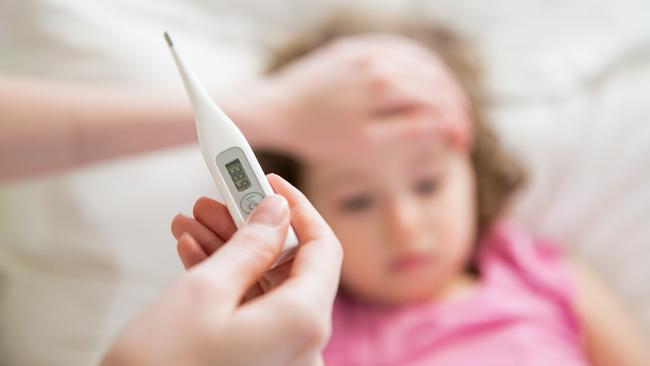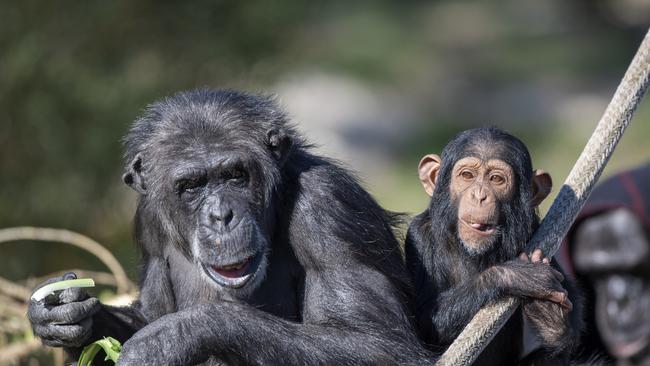Childcare centres blamed for surge in serious respiratory infectious disease
An infection passed on by coughing, which has no vaccine and no effective drug treatment, has surged by nearly 500 cases in a week in very young SA children.
SA News
Don't miss out on the headlines from SA News. Followed categories will be added to My News.
SA Health has revealed a surge of 474 cases in one week of a potentially deadly disease affecting young children, with experts warning it is “racing through childcare centres.”
Respiratory syncytial virus (RSV) infection is the most common cause of bronchiolitis and pneumonia among infants under one year of age.
There is no vaccine for it, and because it is a virus antibiotics do not help. There are no effective antiviral drugs for routine use.
It became a notifiable disease on October 7 last year and so far 2906 cases have been recorded – but 474 cases were logged in just one week to August 13, comprising 233 males and 241 females with a median age of two years.
SA Health says almost all children will get RSV at least once by two years of age.
Most recover in eight to 15 days with treatment including paracetamol and fluids, but up to 3 per cent will require hospital treatment.
Infections are most common in winter and early spring and it is spread when an infected person talks, coughs or sneezes droplets into the air and others breathe it.
Symptoms are usually fever, runny nose, cough, wheezing. Ear infections are common, and pneumonia and bronchiolitis often follow, especially in infants.

SA Health says children with RSV should not go to childcare, preschool or school until they are well.
“In some cases, RSV may cause severe health complications, particularly for those aged six months and under,” a statement says. “There have been no reported deaths in South Australia attributable to RSV since it became notifiable in October 2021.
“While we have seen an increase in cases in recent weeks, it is not unusual with respiratory illnesses to see more cases during winter.
“We encourage members of the public to practise good hygiene including staying at home if you don’t feel well, washing your hands with soap and water, covering your nose and mouth when coughing or sneezing and cleaning surfaces frequently.
Immunisation Coalition chairman, Adelaide-based GP Rod Pearce has blamed the spike on the “breeding ground” provided by childcare centres, while also noting greater awareness, more testing for respiratory conditions due to Covid and it becoming a notifiable disease have all had an impact on numbers.
“It was a hidden virus, it was there but not being measured,” he said.
“Childcare is a place where all of these things are brewed. It’s racing through childcare.
“A vaccine is being developed so there is real interest in knowing how much is out there.”
Dr Pearce said clinicians once called childcare centres “flu factories”where children infected each other and took it home to families, but “now they’re RSV factories.”
He also warned that after two pandemic years where respiratory diseases case fell, some may come back more severely.
Linda Rossi’s 10-month-old daughter Vana was diagnosed with RSV on Monday after having a runny nose.
“We thought it might be teething as there was no fever or lethargy, but then she got a cough so we had her tested and it has come back as RSV,” Ms Rossi said.
“We’ve been using a humidifier, keeping her hydrated and taking her to our GP on Tuesday, there’s still no temperature but I think she has a bit of a sore throat – it really is something parents need to be aware of.”
More Coverage





